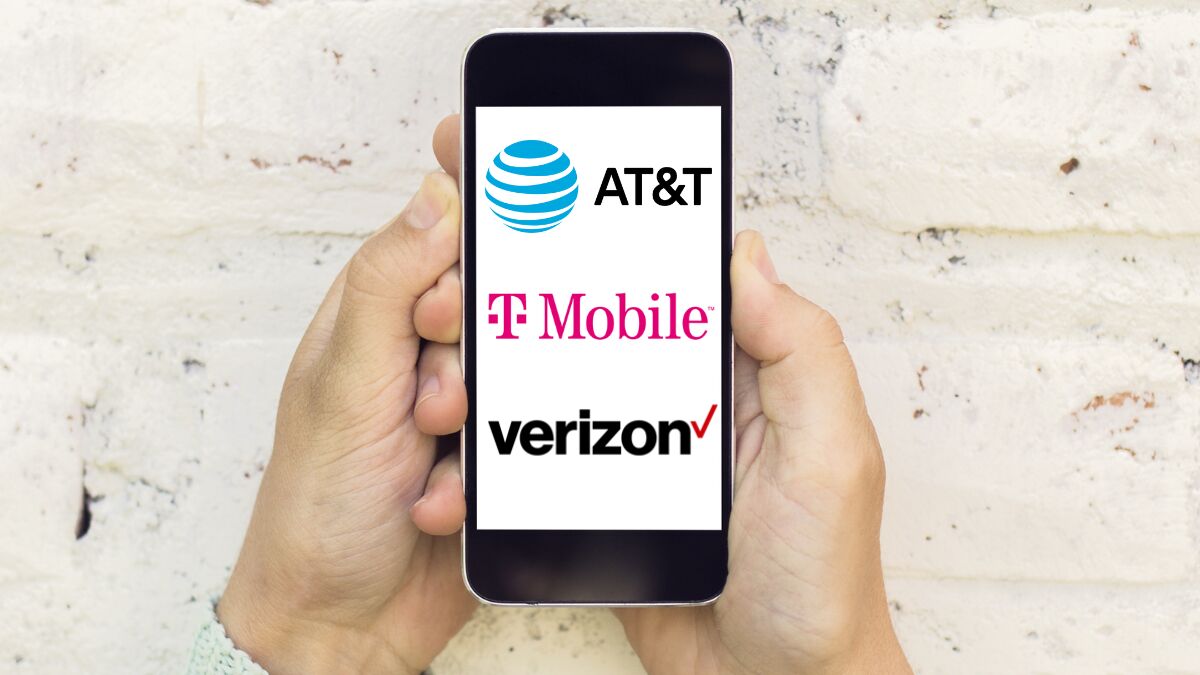
Highlights
- The FCC imposed heavy fines on AT&T, T-Mobile, and Verizon for allegedly sharing sensitive user data without consent.
- The companies argue the data was used for critical services like emergency response and fraud prevention.
- This legal battle shows growing federal scrutiny on user privacy and data security.
The nation's largest wireless carriers-AT&T, T-Mobile, and Verizon-are pushing back against the Federal Communications Commission (FCC) over substantial fines levied for mishandling user data. The fines, which come from allegations that sensitive customer location data was shared without consent, have sparked a high-stakes legal battle. Drawing attention to the issue of consumer privacy.
The controversy: sharing sensitive user data
The FCC's investigation began in 2017. It uncovered concerns about location-based services that allowed third-party services, including Securus, to access users' sensitive data.
This data, meant to support services like emergency response and fraud prevention, was allegedly shared without obtaining proper consent from consumers.
In 2020, as reported by CNN, the FCC proposed hefty fines against the big 3, citing a failure to protect user privacy. And by April 2024, the fines were finalized: Verizon faced a $47 million penalty, and AT&T and T-Mobile were hit with similarly significant charges. The FCC accused the carriers of falling short in safeguarding user data and violating privacy laws.
The carriers' response
AT&T, T-Mobile, and Verizon are now contesting the fines, arguing the FCC overstepped its authority. In their legal briefing, the companies maintain that:
- Strict vetting processes were in place for programs involving location-based services, ensuring compliance with privacy standards.
- User data was utilized solely for critical services like emergency response and fraud prevention, not for unauthorized purposes.
- The FCC is unfairly holding them liable for third-party misuse of data, even after the carriers took steps to shut down problematic programs.
For instance, AT&T asserts that it immediately cut off access to Securus, launched an investigation, and eventually discontinued its location-based services program in an orderly manner to avoid disrupting customer needs.
The broader implications
This case is part of a broader trend of heightened regulatory focus on user privacy and data security. Many consumers are increasingly concerned about how their personal information is shared, and the FCC is stepping up efforts to hold companies accountable.
While AT&T, T-Mobile, and Verizon argue they acted within legal boundaries and have since improved data handling practices, the case underscores the balance between providing useful services and safeguarding consumer trust.
What this means for consumers
For customers, this legal battle is a reminder of the importance of understanding how carriers handle personal data. While carriers claim to prioritize privacy, instances like this highlight the potential for lapses. Increased regulatory scrutiny may lead to stronger safeguards, but it's also a wake-up call for consumers to stay informed about their rights.
My take
This legal dispute highlights a critical tension in the telecom industry: providing services like emergency response and fraud prevention while ensuring user data is handled responsibly.
For consumers, it's crucial to recognize the growing importance of privacy in choosing a wireless provider. As the regulatory landscape evolves, customers should demand better safeguards and clear communication about how their data is used.
Summary
AT&T, T-Mobile, and Verizon are challenging hefty FCC fines over alleged data mishandling, arguing they acted within legal limits to support critical services. This ongoing case underscores the growing importance of privacy and data security in the telecom industry.
Connect with us on Facebook, X, and TikTok for the latest insights and money-saving tips.







